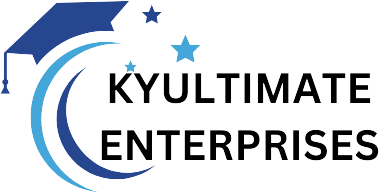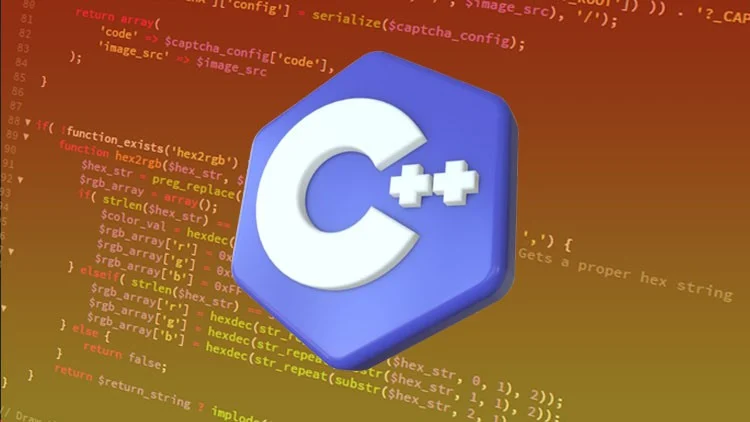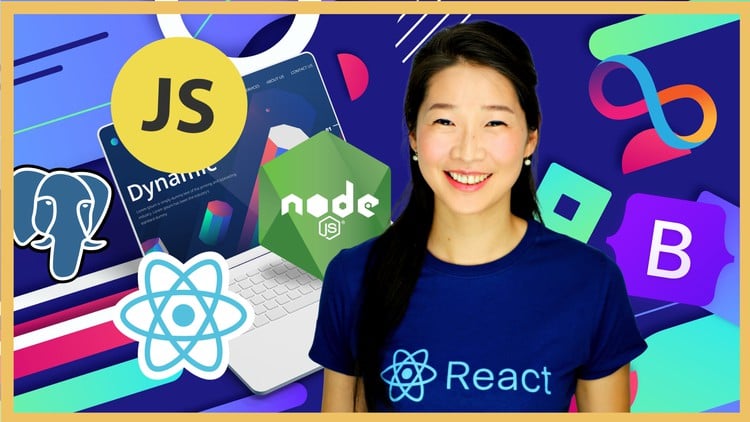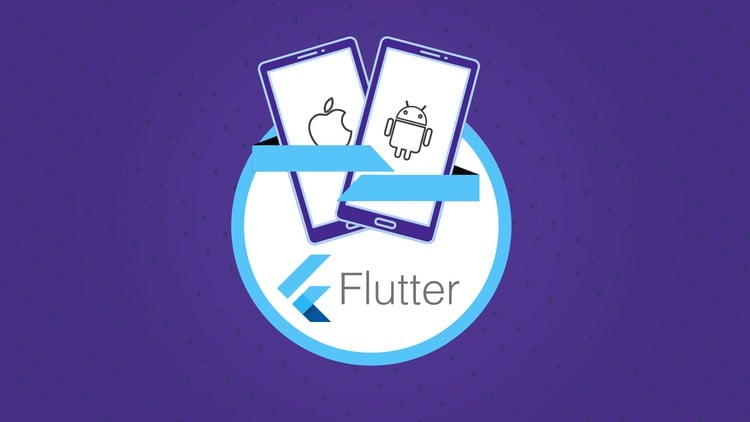Description
C++ is one of the most powerful programming languages, and this course will introduce you to its syntax and core concepts. You’ll start with basic programming principles such as variables, data types, loops, and conditionals, then progress to more advanced topics like object-oriented programming (OOP), inheritance, polymorphism, and memory management. You’ll also explore the Standard Template Library (STL) and learn how to use data structures and algorithms in C++. Through hands-on practice and coding challenges, you’ll build a solid understanding of C++ and its applications in game development, systems programming, and performance-critical applications.
What you'll learn
What You’ll Learn:
By the end of this course, you will have a solid understanding of C++ programming fundamentals and be able to write, debug, and optimize C++ code. You will learn key concepts such as variables, control structures, functions, object-oriented programming (OOP), and memory management. This course is designed to guide you through the basics to more advanced topics, providing the foundational skills needed to build your own C++ applications.
Key learning outcomes include:
- Introduction to C++ Programming:
- Understand the basics of the C++ language, its syntax, and structure.
- Learn about data types, variables, and constants.
- Write and execute your first C++ program.
- Understand the use of compilers and the process of compiling and linking code.
- Control Structures and Functions:
- Master conditional statements like
if, else, and switch.
- Learn how to use loops (
for, while, do-while) for repetitive tasks.
- Understand how to define and use functions for modular programming.
- Learn the concepts of function overloading and default arguments.
- Arrays and Strings:
- Understand how to declare, initialize, and manipulate arrays.
- Learn about multi-dimensional arrays and their use cases.
- Understand strings in C++ and how to work with string manipulation functions.
- Use arrays and strings for common programming tasks.
- Object-Oriented Programming (OOP):
- Understand the core principles of OOP: Encapsulation, Abstraction, Inheritance, and Polymorphism.
- Learn how to define classes and objects.
- Understand constructors and destructors, and how to manage object life cycles.
- Explore inheritance and how to extend classes with derived classes.
- Learn about operator overloading and function overloading.
- Memory Management in C++:
- Understand the concept of pointers and references in C++.
- Learn about dynamic memory allocation and deallocation using
new and delete.
- Explore memory management best practices and how to avoid memory leaks.
- Understand how to work with smart pointers for better memory management.
- Advanced Topics (Optional):
- Learn about templates and how to create generic functions and classes.
- Introduction to exception handling with
try, catch, and throw.
- Understand file handling in C++: Reading from and writing to files.
- Learn about the Standard Template Library (STL), including vectors, lists, and maps.
- Debugging, Optimization, and Best Practices:
- Learn how to use debugging tools and techniques to identify and fix errors.
- Understand how to optimize code for better performance.
- Explore best practices for writing clean, efficient, and maintainable C++ code.






Saadatu –
“This ‘Learn C++ for Beginners’ course has been an absolute game-changer for me. As a complete novice, I was a bit intimidated at first, but the course’s structured approach and engaging video lectures made learning C++ a breeze. The hands-on exercises and projects reinforced the concepts thoroughly, and the instructor’s clear explanations made even complex topics easy to grasp. I highly recommend this course to anyone looking to master C++ from the ground up.”
Olawale –
“This ‘Learn C++ for Beginners’ course has been an absolute game-changer for me. The instructor’s clear explanations and hands-on exercises made the complex concepts of C++ easy to grasp. I never thought I could learn a programming language so quickly and effectively. The course has given me the confidence and foundation to pursue my passion for software development further.”
Bashir –
“This ‘Learn C++ for Beginners’ online course was an absolute game-changer for me. With its well-structured lessons and engaging content, I went from having zero coding experience to confidently writing C++ programs within a matter of weeks. The quizzes and hands-on exercises helped me reinforce my understanding, and the supportive instructor was always available to answer questions and provide personalized feedback. Highly recommend this course to anyone looking to embark on a journey into the world of C++!”
Chioma –
“I highly recommend the ‘Learn C++ for Beginners’ online course. It’s an incredibly well-structured and comprehensive learning experience. The lessons are clear and engaging, and the hands-on exercises provide a solid foundation for understanding C++ concepts. The course has empowered me to build a strong understanding of the language and has significantly enhanced my programming skills.”
Mallam –
“This ‘Learn C++ for Beginners’ course has been an incredible learning experience. The interactive lessons and hands-on projects made C++ concepts crystal clear. The instructor’s engaging and supportive teaching style kept me captivated throughout the journey. I not only gained a solid foundation in C++ but also developed practical programming skills. This course has ignited my passion for coding and equipped me with the knowledge and confidence to further my programming endeavors.”